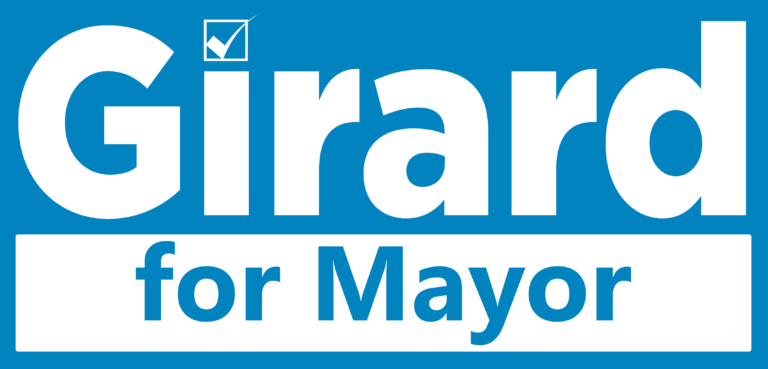by Rich Girard
Published in the Union Leader on July 9, 2021
HAVING READ our supreme court’s decision on SB 3, a bill I strenuously opposed from my radio show, I have to say that I agree with the decision. Since June 2, 1784, Part I, Article 11 of our state constitution has held the following with respect to the right to vote:
“All elections are to be free, and every inhabitant of the state of 18 years of age and upwards shall have an equal right to vote in any election. Every person shall be considered an inhabitant for the purposes of voting in the town, ward, or unincorporated place where he has his domicile.”
SB 3 failed this on multiple fronts, as the court points out. I opposed it because:
It specifically allowed out-of-state students to use their dorm room as their “domicile” for voting purposes only. Domicile, for centuries, has been defined as someone’s legal permanent residence, to which they return after a brief absence.
A dorm room cannot be a legal permanent residence. When the school is closed, students must live somewhere else. If a student leaves the school, they may no longer reside in their dorm, which is meant to be temporary housing while in school.
Every school records every student’s domicile. That’s how the University System of New Hampshire determines whom to charge in-state and out-of-state tuition. If state law allows out-of-state students to vote here, should they not be charged in-state tuition since voting is a privilege otherwise granted to inhabitants legally domiciled here? That isn’t done. In fact, in-state students are required to swear, under penalty of perjury, that they are domiciled in New Hampshire.
While non-resident students are allowed to vote, they aren’t required to take on any of the legal responsibilities of residency, such as registering their car. They remain subject to their domicile state for things like driver’s licenses and income taxes. They also can’t be called for jury duty because they’re legal residents of their home state. “Domicile for voting only” creates a special class of citizen, which demonstrates they are not legal inhabitants of our state.
Out-of-state students have the same vote as New Hampshire students who vote by absentee ballot because they go to school out of state. Should we not expect out-of-state students to vote by absentee ballot in the state where they are permanent, legal residents?
SB 3 did not require any proof of identity or domicile from any person who registered or voted. None!
People who refused or failed to provide either valid proof of identity and or proof of domicile were still allowed to register and vote. Even if the state brought an enforcement action against them for fraudulent voting, their ballot would still have been counted. That makes no sense.
The fixes for this are really quite simple.
First, our constitution allows and requires people to vote where they are domiciled. To vote here, one’s legal permanent residence must be here. One proves legal permanent residence with a government issued ID. If someone moves and doesn’t amend their identification before voting, then they can bring something that proves their new address, such as a lease agreement or mortgage closing papers and a utility bill in their name that provides the mailing and property service addresses.
Second, a valid, state-issued photo identification must be required. Does this really need to be explained, debated or argued? What serious argument can be made against having to prove one’s identity to register or vote?
To those who would scream that these provisions somehow infringe on the right to vote, I say this: With the right to vote comes the responsibility to prove one is eligible to vote. All rights come with responsibilities (Can’t falsely yell “Fire!” in a crowded movie theatre.) and the idea that individuals who wish to vote are without any responsibility to prove they are eligible is patently absurd and should be rejected on its face. We should all want to “suppress” the votes of those who aren’t who they say they are and aren’t domiciled in our state! Who wants fake residents voting in our elections?
Regardless of what you may think about the amount of voter fraud that exists, can we agree that these simple things just make sense to ensure fair and free elections that represent the choices of those who are actual legal permanent residents of our state as defined by our constitution?
